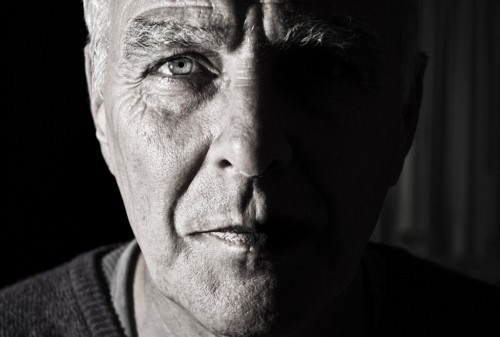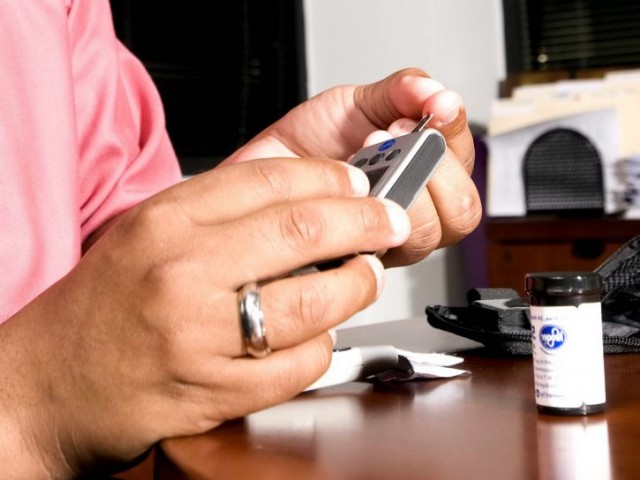April 2010 - A new discovery about the wound-healing process could lead to better treatments for diabetics and other patients who have wounds that are slow to heal.
Loyola University Health System researchers found that certain immune system cells slow the wound-healing process. Thus, it might be possible to improve healing by inactivating these immune system cells, said Elizabeth Kovacs, PhD, who heads the laboratory team that made the discovery.
The findings by Kovacs and colleagues are reported online, in advance of print, in the Journal of Surgical Research.
In the study, the immune system cells that impeded the healing process are called natural killer T (NKT) cells. NKT cells perform beneficial functions such as killing tumor cells and virus-infected cells. However, researchers discovered that NKT cells also migrate to wound sites and impede the healing process.
Kovacs and colleagues used an animal model to examine the effects of NKT cells on healing. Healing was significantly slower in normal mice that had NKT cells than it was in a special breed of mice that lacked NKT cells.
Continue Reading Below ↓↓↓
"We demonstrated that early wound closure was accelerated in the absence of NKT cells," Kovacs and colleagues wrote. "Importantly, we also made the novel observation that NKT cells themselves are a constituent of the early wound inflammatory infiltrate."
Certain conditions, such as diabetes and infections, can slow or prevent wounds from healing. The study found that NKT cells may be at least partially to blame. Researchers don't know how NKT cells slow healing. But they believe they may be able to inactivate NKT cells using an antibody. They are testing this prediction in a follow-up study.
Kovacs is a professor and vice chair of research in the Department of Surgery at Loyola University Chicago Stritch School of Medicine. She also is director of research of Loyola's Burn & Shock Trauma Institute.
Co-authors of the study are Jessica Palmer, Julia Tulley, Dr. John Speicher, Douglas Faunce, PhD, first author Dr. David Schneider and Dr. Richard Gamelli. Schneider is a resident at Loyola and Gamelli is dean of the Stritch School of Medicine and director of the Burn & Shock Trauma Institute.
The study was supported by the National Institutes of Health (NIH) and by the Ralph and Marion C. Falk Medical Research Trust.
Scott Somers, Ph.D., who manages wound healing research and training grants supported by the NIH's National Institute of General Medical Sciences, said, "Beyond the novel finding of a fundamental mechanism controlling wound healing, this work also highlights the contributions of physician-scientists like Dr. Schneider, a surgical resident who is training to do hypothesis-based, cutting-edge scientific investigation."
Source: Loyola University Health System











